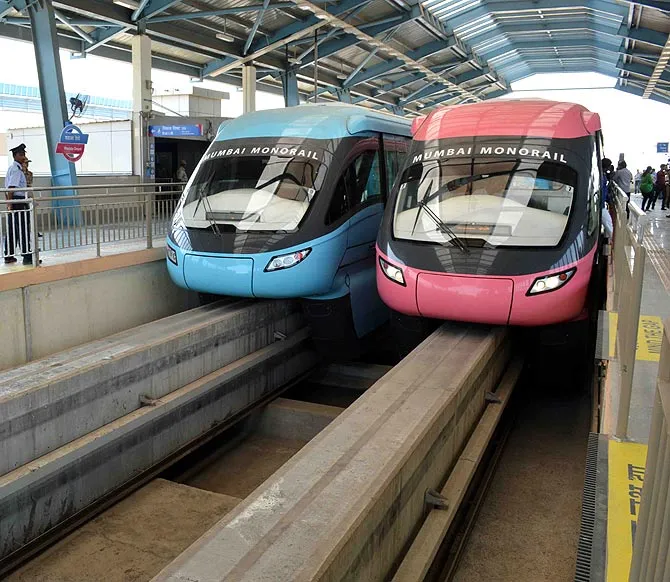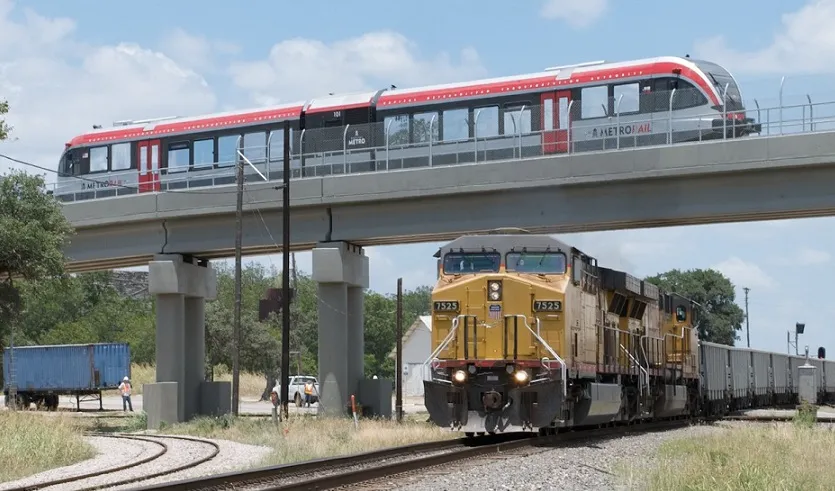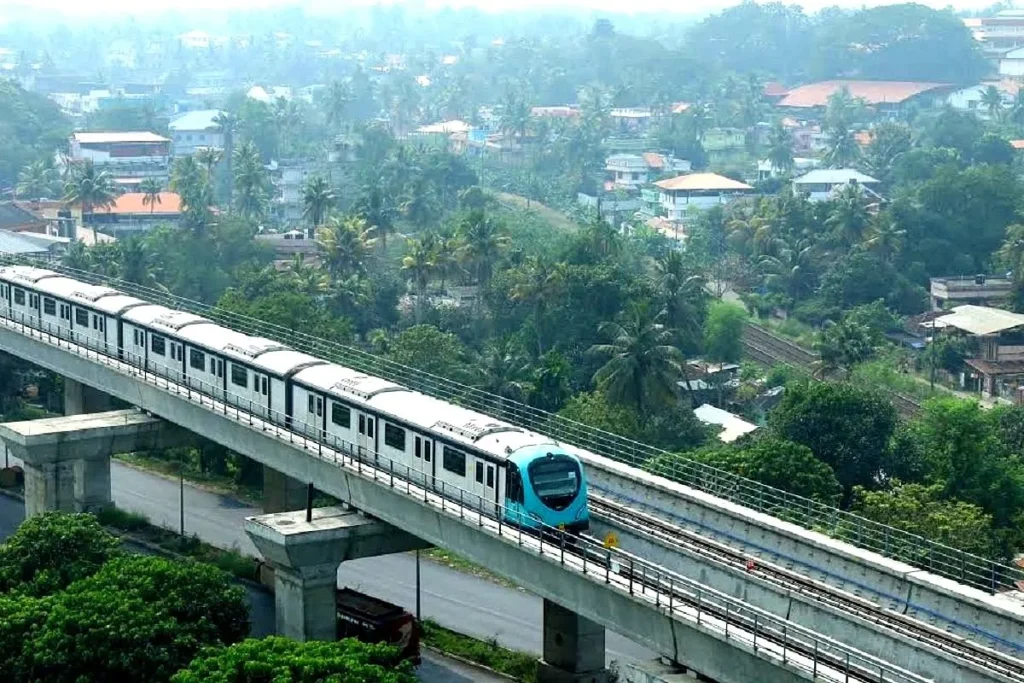Thiruvananthapuram, the serene capital city of Kerala, is poised to embrace a transformative chapter in its urban infrastructure with the advent of the second metro rail project in the state. Announced with much anticipation, the Thiruvananthapuram Metro promises to be a game-changer in alleviating traffic congestion, enhancing connectivity, and fostering sustainable urban development across the region.

With an estimated cost of Rs 11,560.80 crores, the Thiruvananthapuram Metro aims to provide an efficient and eco-friendly mode of transportation to the residents and visitors of the city. This ambitious project, spearheaded by the Kerala Government, underscores a commitment to modernize public transportation infrastructure while prioritizing environmental sustainability.
The proposed metro network is designed to cover key corridors and densely populated areas within Thiruvananthapuram and its suburbs. By seamlessly connecting major hubs such as Technopark, the International Airport, and the Central Railway Station, the metro system promises to revolutionize intra-city travel, offering commuters a fast, reliable, and comfortable mode of transit.
One of the most significant aspects of the Thiruvananthapuram Metro project is its potential to reduce traffic congestion and mitigate the associated environmental impacts. With the rise in vehicular emissions posing a significant challenge to air quality and public health, the introduction of a mass rapid transit system will encourage a modal shift towards greener and more sustainable modes of transportation.
Moreover, the metro project is expected to stimulate economic growth and urban development along its corridors. Improved connectivity provided by the metro will not only facilitate easier access to employment centers, educational institutions, and healthcare facilities but also spur investment in commercial and residential real estate along the metro route.

In addition to enhancing connectivity within the city, the Thiruvananthapuram Metro underscores a broader vision of integrated transportation planning. The project integrates seamlessly with existing public transportation networks, including bus services and suburban railways, to create a holistic and efficient urban mobility ecosystem.
Furthermore, the Thiruvananthapuram Metro exemplifies the state government’s commitment to embracing cutting-edge technology and innovation in public infrastructure development. With state-of-the-art features such as automated fare collection systems, real-time passenger information displays, and energy-efficient rolling stock, the metro promises a world-class commuting experience to its passengers.

However, amid the excitement surrounding the Thiruvananthapuram Metro project, it is imperative to address potential challenges and concerns. Adequate measures must be taken to ensure that the project is executed in a timely manner, adhering to stringent quality standards and safety protocols. Additionally, efforts should be made to minimize disruptions to local communities and businesses during the construction phase, while also prioritizing the welfare of affected stakeholders.
As Kerala prepares to embark on this transformative journey towards a more sustainable and connected future, the Thiruvananthapuram Metro stands as a beacon of progress and innovation. By redefining urban mobility and fostering inclusive growth, the metro project holds the promise of a brighter tomorrow for the residents of Kerala’s capital city.
